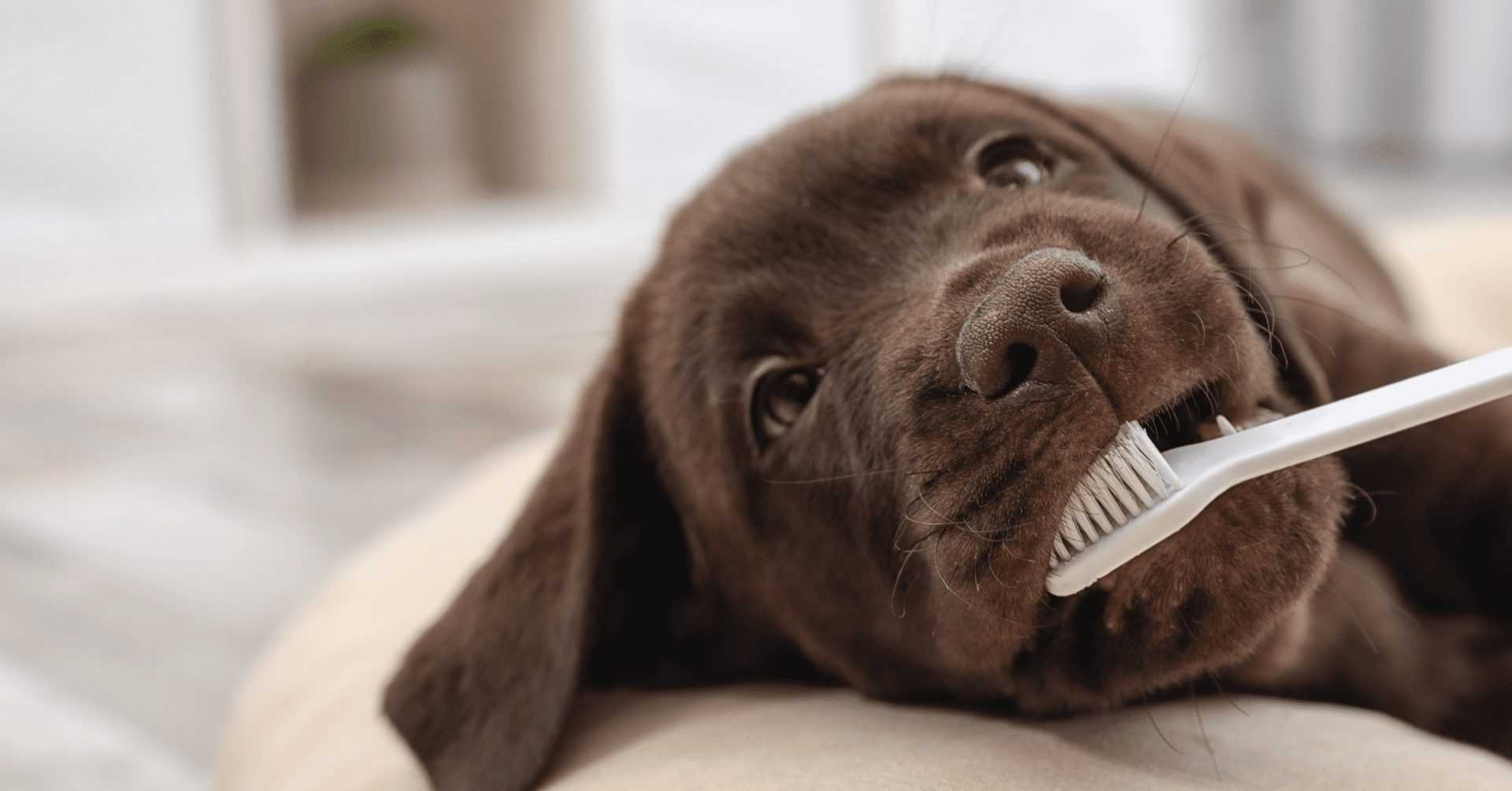
9 out of 10 dentists would agree that your dog’s oral hygiene is just as important to keep in mind as your own. Many pet owners assume that their dogs are able to keep their mouth clean on their own, but this is a common misconception that can turn quite costly. Keeping your furry friend healthy can be easy and fun!
Signs and Symptoms
Bad breath is a common red flag for oral hygiene issues in both humans and dogs! If it is gag inducing, it is a problem. Other signs include swollen red gums, yellow/brown tartar buildup, or finding blood in their water bowl. You might even find your dog chewing only on one side of their mouth. Eventually, the oral pain can cause dogs to show changes in play and behavior by beginning to withdrawal or show aggression. Our goal is to give you helpful tips on how to maintain your dog’s oral hygiene before symptoms like these occur.
Check and Clean
The most effective way to keep up your dog’s oral hygiene is by brushing their teeth three times a week at home with toothpaste designed for dogs. It is also highly recommended to get your dog’s teeth professionally serviced at least once or twice a year. An expert will also be able to detect any unnoticed issues that you may have looked over during your animal’s home care routine. Owners should evaluate their dog’s oral hygiene every couple weeks to make sure there is no unnecessary swelling and that the gums remain pink in color. If possible, it is best to introduce this routine while your dog is still a puppy, but don’t be afraid to teach an old dog new tricks! Take it slowly and remember to reward along the way.
Toys and Tools
In addition to brushing, try these other tools that are sure to get those tails wagging. Flavored dental treats are great for removing plaque and giving fresh breath. Dog chews are also a fun choice that have teeth cleaning properties. Chews can be made of a long lasting rubber/nylon material or they can contain meat, such as chicken jerky. Giving your dog raw bones with supervision has been shown to have these same benefits, but it is highly discouraged to give your dog cooked bones. Why? They can become brittle and splinter, causing digestive issues. At meal time, dry food is also recommended, as wet food can get stuck to teeth and cause your dog’s oral hygiene to suffer from decay. Tools that let dogs use a scraping motion on the teeth is what will help remove plaque and even floss!
Cost and Consequences of Poor Oral Hygiene in Pets
The result of poor oral hygiene can be costly for you and painful for your dog. If left untreated, it can lead to:
- Tooth extractions
- Infections
- Heart disease
- Jaw damage
- Bumps or growths
At Fry Orthodontics, we know that pets are your family and the more we can learn about how to keep them healthy, the happier they will be. Utilize these oral hygiene practices to enhance and elongate your dog’s life!
